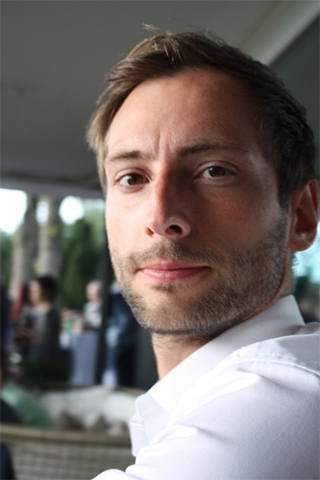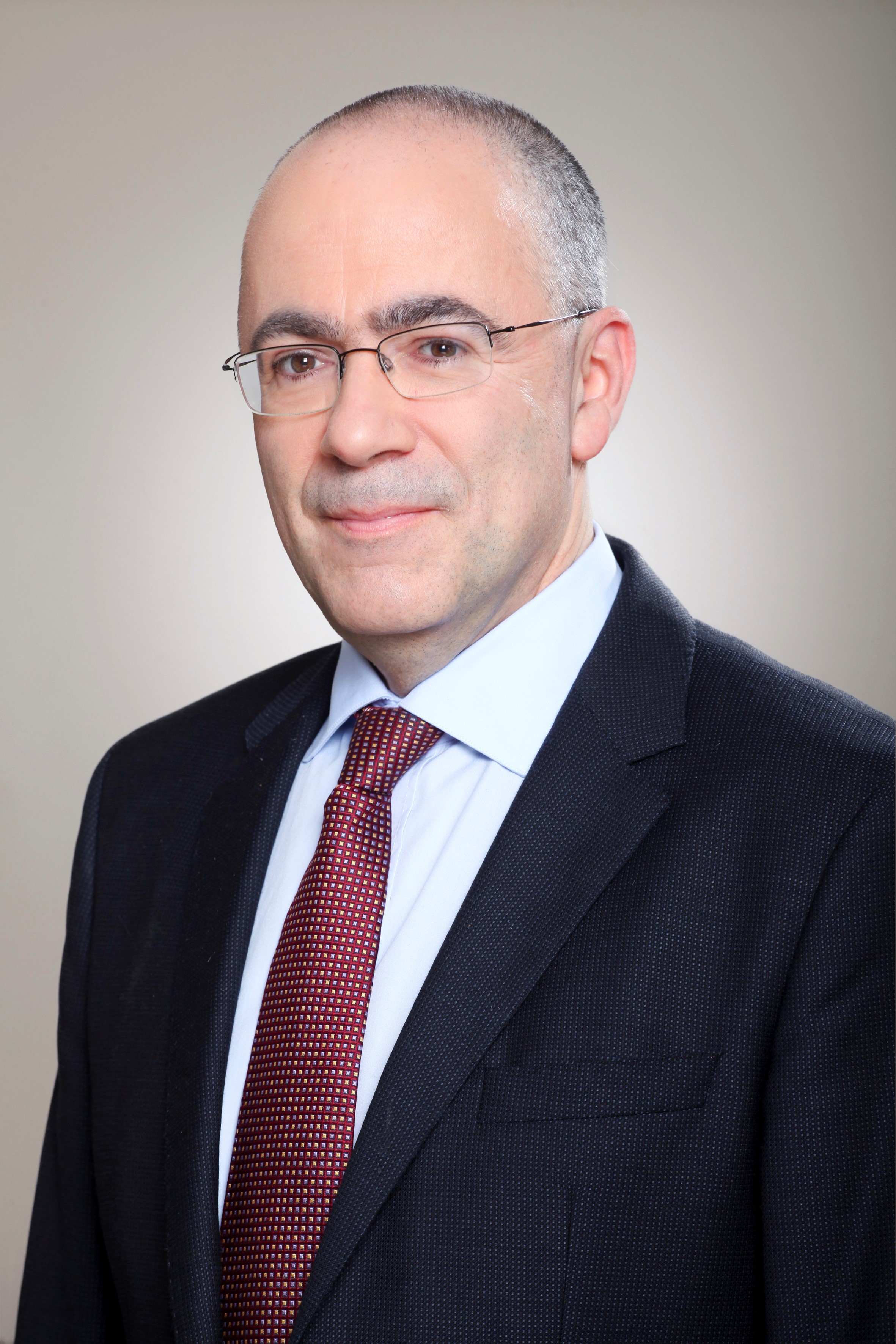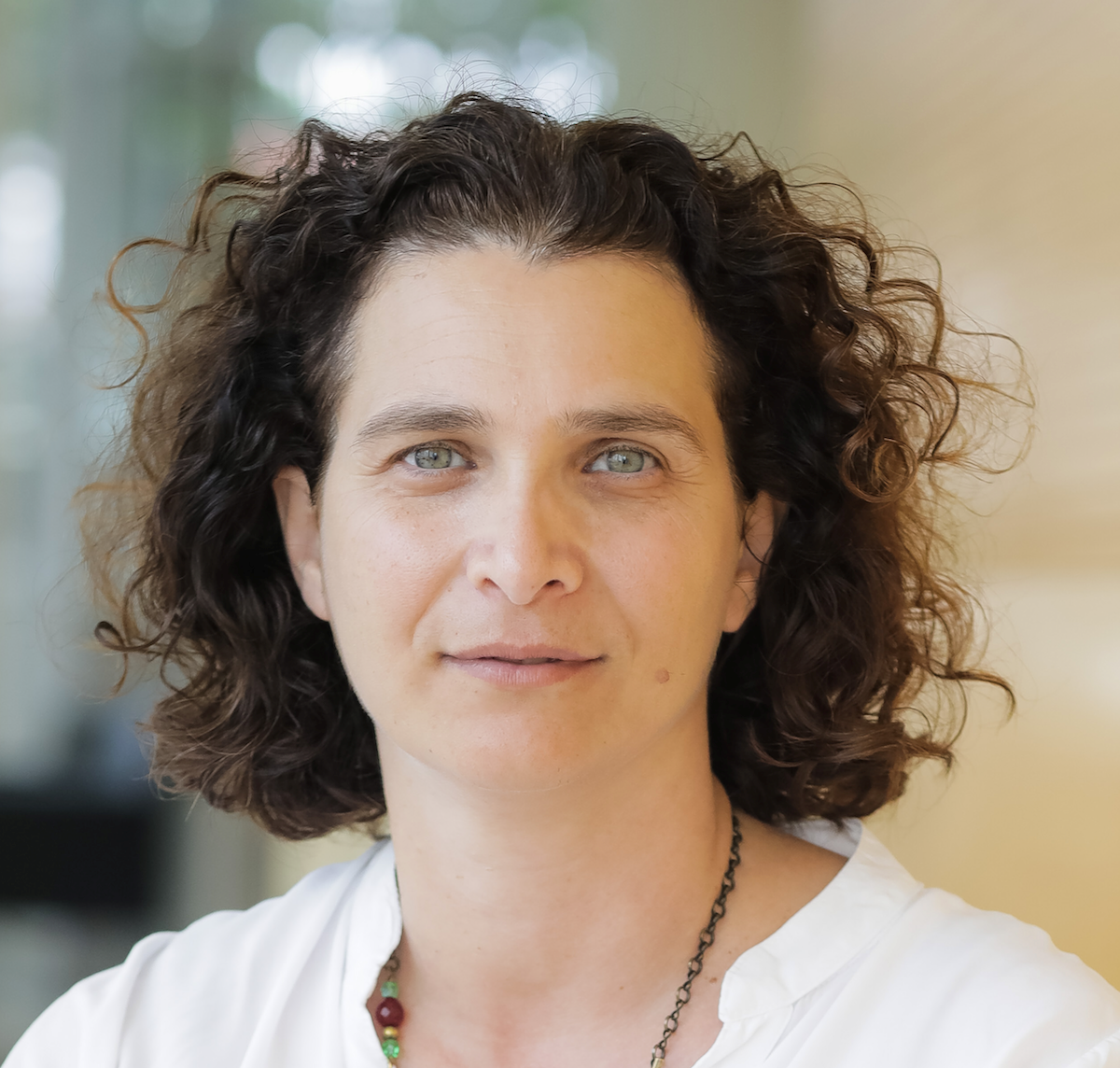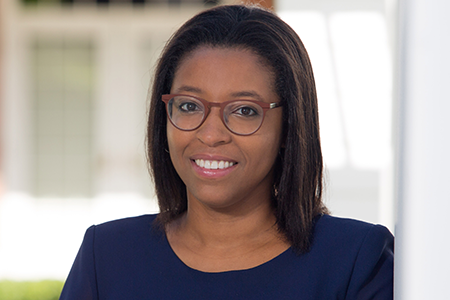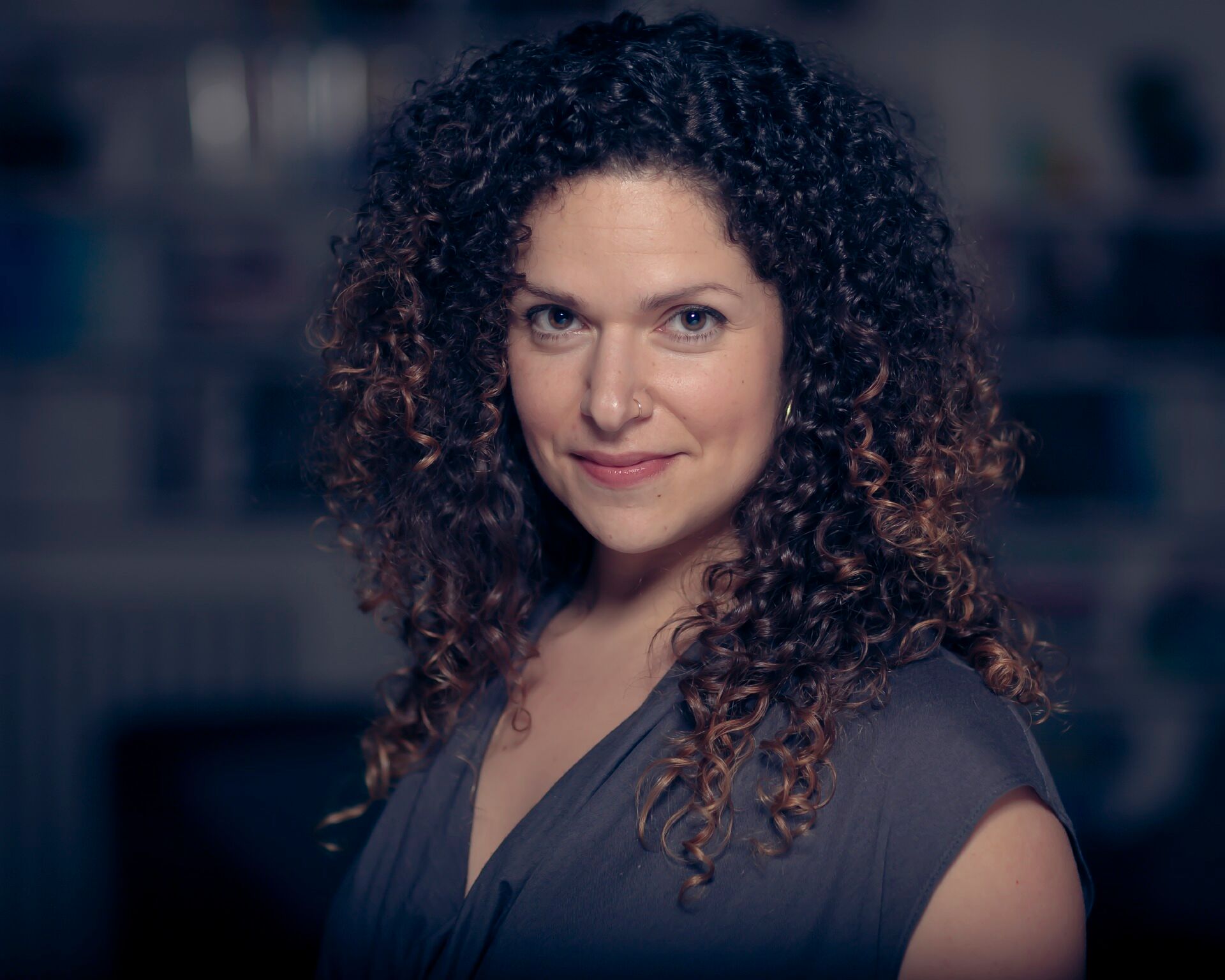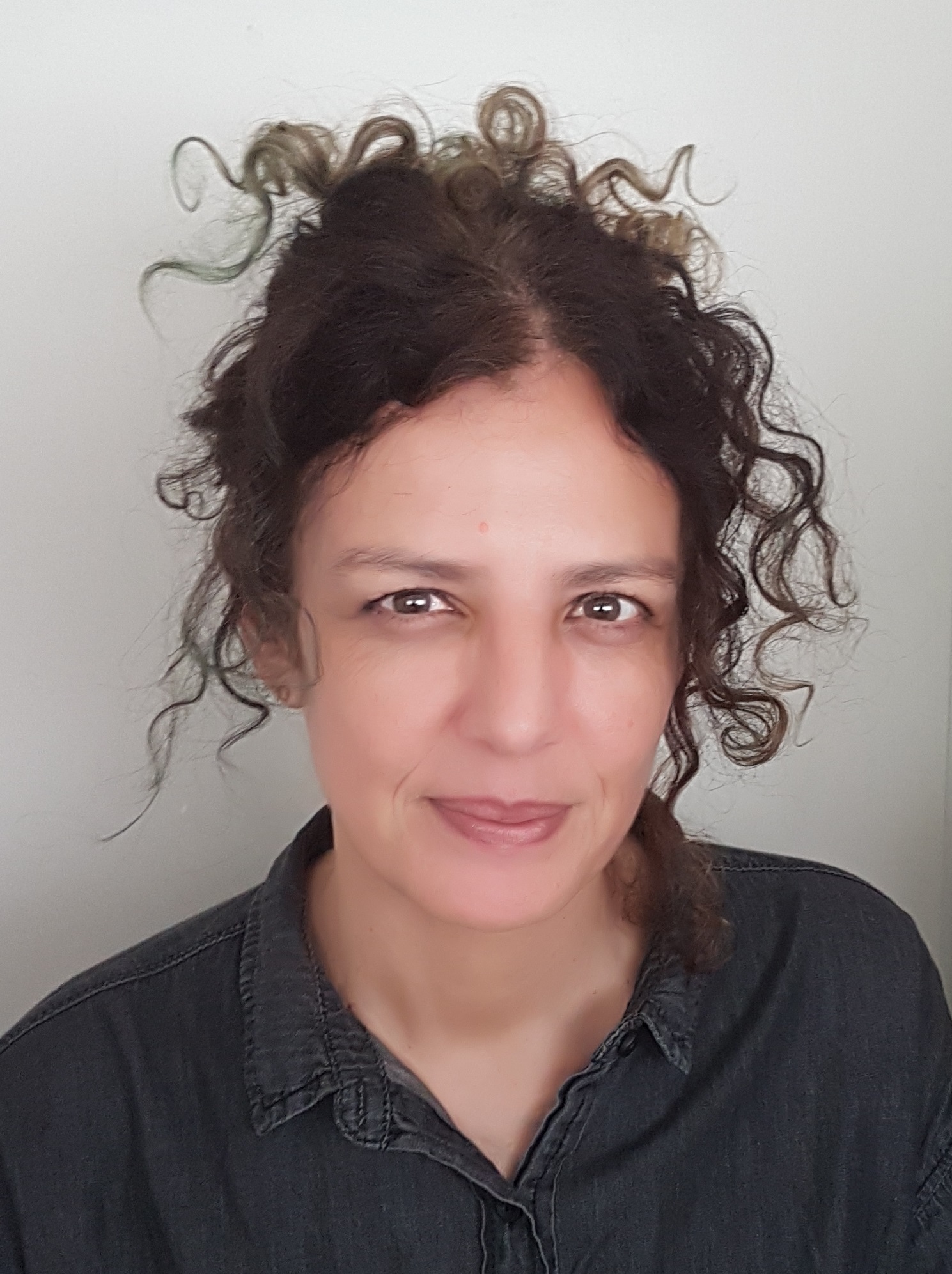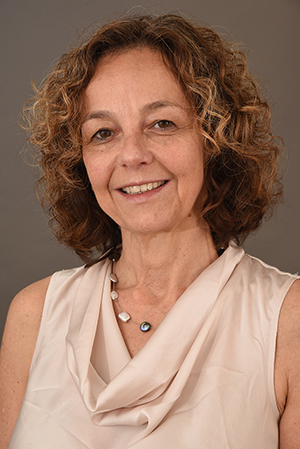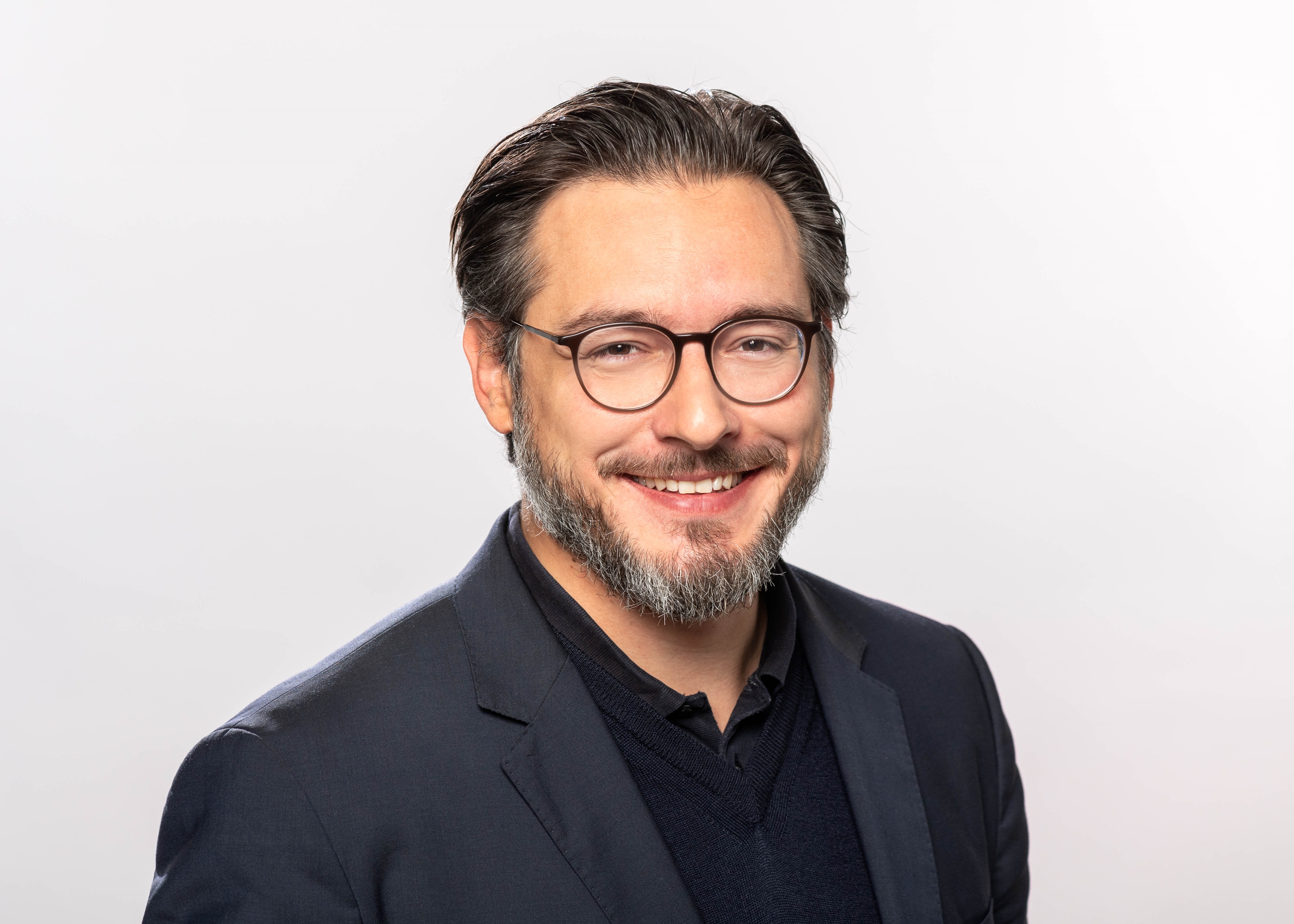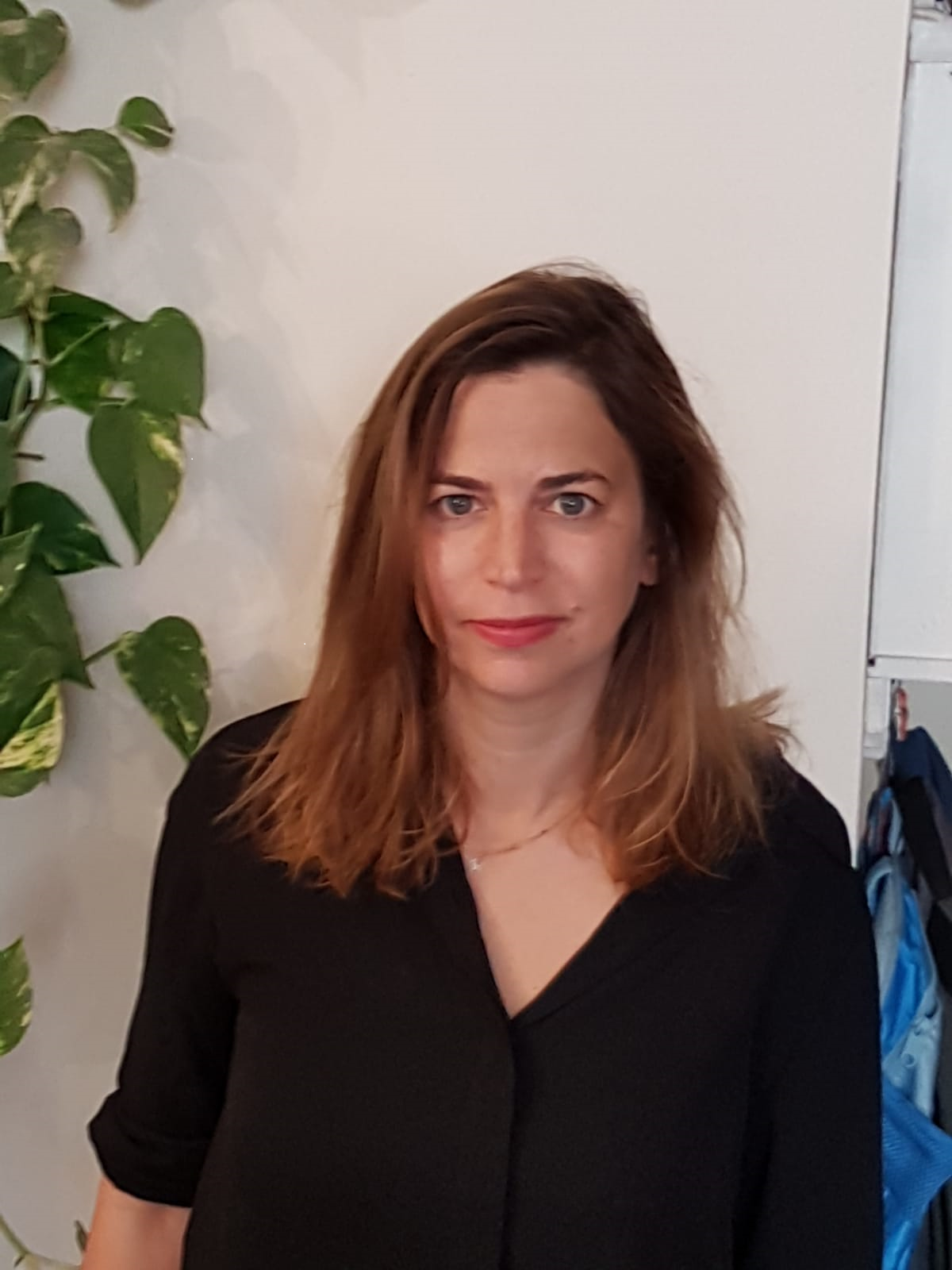AI, Law, and Agency in the Age of Machine Learning
Academic Orginizers:
|
Assaf Jacob |
|
|---|---|
|
|
Prof. Assaf Jacob, J.S.D, University of Chicago Law School, 1998 |
|
Eric Hilgendorf |
|
|---|---|
|
|
Prof. Dr. Dr. Eric Hilgendorf (*3.12.1960), Faculty of Law, Julius Maximilian University of Würzburg. Academic background: 1990 Doctorate (Dr. phil.) with a thesis on "Argumentation in Jurisprudence", 1992 Doctorate (Dr. jur.) with a thesis on criminal producer liability, both at the University of Tübingen. 1997 Habilitation in the subjects of criminal law, criminal procedural law and philosophy of law with a thesis on legal theory and criminal law doctrine ("On the Distinction between Statements of Facts and Statements of Norms in Criminal Law"). Since 1997 Professor of Criminal Law and Secondary Areas at the University of Konstanz, since 2001 Professor of Criminal Law, Criminal Justice, Legal Theory, Information and Computer Science Law at the University of Würzburg. Research: Numerous third-party-funded projects (EU, DFG, BMBF, BMWI, etc.) on IT criminal law (including data protection law); participation in federal legislative procedures on IT (e.g. on the revision of computer criminal law in 2007 and on the revision of the StVG in 2017); 2010 foundation of the Würzburg research unit "RobotRecht"; initiator and editor of the series "Robotik und Recht" (since 2013, together with Susanne Beck); legal director of the EU project "AdaptIVe" on new forms of mobility; expert of the German Council on Jurisdiction in Traffic (Goslaer Verkehrsgerichtstag) 2015 on legal questions of automated driving; Member of the "Round Table" on Automated Driving of the BMVI; member of the Ethics Committee of the BMVI on Automated Driving ("Dobrindt-Kommission"), where he chaired the subcommittee on the "dilemma problem"; head of the working group on "Law and Ethics" in the "Platform Self-learning Systems" of the BMWI (since December 2017). 2018 Appointed member of the EU High Level Group Artificial Intelligence. Since 2019 Director at the Bavarian Research Institute for Digital Transformation (bidt).
|
|
Michael Birnhack |
|
|---|---|
|
|
Michael Birnhack is the Associate Dean for Research and Professor of Law at the Faculty of Law, Tel Aviv University. His research focuses on issues of law and information technology, and in particular privacy law and copyright law. He is the director of the S. Horowitz Institute for Intellectual Property and the Director of the Parasol International LL.M Program. |
|
Alain Strowel |
|
|---|---|
|
|
Alain Strowel is professor of law at the UCLouvain and the University Saint-Louis, Brussels where he teaches intellectual property, media law and EU IT law. He also gives copyright and design courses in two advanced masters in IP and IT law at the KULeuven and Munich IP Law Center. He is avocat at the Brussels bar since 1988. His experience focuses on intellectual property and Internet law. He is a trustee of the European Law Academy in Trier and was elected to the Academia Europaea in 2012. Since 2019, he chairs the IP working group of the ALLEA (All European Academies) of which he is a member since 2011. Alain graduated in law, economics and philosophy at the UCLouvain and the University of Amsterdam. Today his research focuses on data governance and the law of artificial intelligence and online platforms. |
|
Carys Craig |
|
|---|---|
|
|
Dr. Carys Craig is an Associate Professor at Osgoode Hall Law School, York University, in Toronto, Canada. She joined the faculty in 2002, serves as Academic Director of the Professional LLM Program in Intellectual Property Law, and recently completed an extended term as Associate Dean (Research & Institutional Relations). A recipient of multiple teaching awards, including the President’s University-Wide Teaching Award, Dr. Craig teaches and publishes in the areas of copyright, trademarks, law and technology, feminist and legal theory. She is the author of Copyright, Communication & Culture: Towards a Relational Theory of Copyright Law (2011). Her recent publications include “Critical Copyright Law and the Politics of IP”, in Christodoulis, Dukes & Goldini, Research Handbook on Critical Legal Theory (2019).Dr. Craig holds an LL.B. (First Class Honours) from the University of Edinburgh in Scotland, an LL.M. from Queen’s University in Ontario, and an S.J.D. from the University of Toronto |
|
Christoph Peylo |
|
|---|---|
|
|
Christoph is Global Head of Bosch Center for Artificial Intelligence (BCAI) with locations in the USA, India, Israel and Germany. The mission of BCAI is to achieve a leading position for Bosch in AI. Fascinated by technology, complex systems, and humans, Christoph is passionate about identifying and seizing the opportunities that come with technological change. He is appointed member of the high-level expert group on AI of the European Commission and member of the board of directors of Robert Bosch Technologies Israel, Ltd.
Prior to joining Robert Bosch GmbH in 2017 he was VP at Deutsche Telekom (DT) Laboratories in Berlin, where he worked in the area of AI, (Cyber-) Security, Industrie 4.0, and IoT. During this time he acted as CEO for a spin-out of DT, Trust2core GmbH, and served as a member of various boards (innovation board of DT at Ben Gurion University in Israel, supervisory board of German Turkish Advanced Research Center). Before joining Deutsche Telekom in 2006 he worked in various positions from software engineer to managing director of a software company. Christoph has studied Computer Science, Computational Linguistics and Artificial Intelligence and acquired his Ph.D. at the University of Osnabrück in the field of AI. He is married to a veterinarian and has two children. In his spare time (if there is any left) he is engaged in sailing (in-shore, costal, ice-boat), flying and fencing. |
|
David Roth-Isigkeit |
|
|---|---|
|
|
Studies of law at the Universities of Muenster and Heidelberg (Erste Juristische Staatsprüfung, 2011), of International Affairs at the Graduate Institute of International Studies in Geneva (M. A., 2013. Thesis on conflicts of jurisdiction in situations of overlap between multiple legal systems), and of philosophy at Goethe University Frankfurt / Main (M. A., 2016. Thesis on contractualist models of legal normativity). Fellow of the German National Academic Merit Foundation. Doctorate in law at Goethe University Frankfurt / Main (2016). Doctoral thesis on conceptions of law beyond the state and their implications on the rule of law. Legal clerkship at district court Frankfurt / Main and the German Federal Foreign Office, Berlin (Zweite Juristische Staatsprüfung 2019). Since 2019 leader of a research group in the field of the law of AI and the interdisciplinary SOCAI Centre for Social Implications of Artificial Intelligence at JMU Würzburg. |
|
Hanoch Dagan |
|
|---|---|
|
|
Hanoch Dagan is the Stewart and Judy Colton Professor of Legal Theory and Innovation and the Director of the Edmond J. Safra Center for Ethics at Tel-Aviv University. Professor Dagan is a former Dean of Tel Aviv University Faculty of Law and also served as the founding director of the Zvi Meitar Center for Advanced Legal Studies, the director of The Cegla Center for Interdisciplinary Research of the Law, and the Editor in Chief of Theoretical Inquiries in Law. Among his many publications are over 90 articles in major law reviews and journals, such as Yale Law Journal, Columbia Law Review, New York University Law Review and more. Professor Dagan has also written seven books, including Property: Values and Institutions (Oxford University Press, 2011), Reconstructing American Legal Realism & Rethinking Private Law Theory (Oxford University Press, 2013), and The Choice Theory of Contracts (with Michael A. Heller) (Cambridge University Press, 2017). He is currently working on a new book – A Liberal Theory of Property (Cambridge University Press, forthcoming 2020). Professor Dagan has been a visiting professor at Yale, Columbia, Michigan, Cornell, UCLA, and Toronto. Dagan delivered keynote speeches and endowed lectures at Singapore, Alabama, Toronto, Queensland, Cape Town, Monash (Melbourne), and Oxford. He is a member of the American Law Institute and the International Academy of Comparative Law. Dagan obtained his LL.M. and J.S.D. from Yale Law School after receiving his LL.B., summa cum laude, from Tel Aviv University. |
|
Karine Nahon |
|
|---|---|
|
|
Professor Karine Nahon is an Associate Professor of Information Science in the Lauder School of Government and Ofer School of Communications at the Interdisciplinary Center at Herzliya (IDC) in Israel, the elected president of the Israel Internet Association (ISOC-IL), chairwoman of the national committee of Ethics, Regulation and Artificial Intelligence, and an Affiliated Associate Professor in the Information School at University of Washington. She is the author of the awards-winning book Going Viral 2013, and was named on TheMarker’s list of 100 most influential people in Israel and on Forbes' list of 50 Most Influential Women in Israel. Prof. Nahon is a prominent voice in the area of politics of information and the way technology shapes and being shaped by democracy and society. Previously, she held a tenured position as a faculty at the Information School at University of Washington, directed the Virality of Information (retroV) research group, and directed the Center for Information & Society at University of Washington. She works closely with civil society, along aside with government agencies to develop national policies regarding the information society, transparency and currently disinformation and elections. She plays an active role in civil society where she co-founded of the digital rights movement, serves as a board member of Wikimedia, and previously was a board member of the Freedom of Information Movement and of the Open Knowledge Workshop. Her public roles includes, among other things, representing Israel in the UN in the committee for science and technology, acting as a member of the Chief Information Office (CIO) Cabinet, serving as a member of the Beinisch committee which examined the election law (propaganda means), member of the supreme archives council. More can be found at: @karineb, eKarine.org |
|
Katerina Ligett |
|
|---|---|
|
|
Katrina Ligett is an Associate Professor of Computer Science at the Hebrew University of Jerusalem. She was previously an Assistant Professor of Computer Science and Economics at Caltech. Prior to joining Caltech, Katrina received her PhD in computer science from Carnegie Mellon University in 2009, and did a postdoc in the Computer Science Department at Cornell from 2009-2011. Katrina is a recipient of a NSF CAREER award and a Microsoft Faculty Fellowship. Her research interests include data privacy and game theory. |
|
Lauren Scholz |
|
|---|---|
|
|
Florida State University College of Law Assistant Professor, May 2017–present Yale Law School Affiliate Fellow, Information Society Project, August 2016–present
EDUCATION Harvard Law School J.D., May 2014 Yale University B.A., Ethics, Politics and Economics, May 2009
LAW JOURNAL ARTICLES Privacy Remedies, 93 Indiana L. J. 94 (2019) Algorithmic Contracts, 20 Stan. Tech L. Rev. 128 (2017) Privacy as Quasi-Property, 101 Iowa L. Rev. 1113 (2016) Privacy Petitions and Institutional Legitimacy, 37 Cardozo L. Rev. 891 (2016) Information Privacy and Data Security, 2015 Cardozo L. Rev de Novo 107 (2015)
BOOK CHAPTERS Algorithms and Contract Law, in Cambridge Handbook on Law and Algorithms (forthcoming with Cambridge University Press 2019) Algorithmic Contracts and Consumer Privacy, in Smart Contracts and Block Chain Technology: Role of Contract Law (forthcoming with Cambridge University Press 2019)
RESEARCH GRANTS New America Foundation, Eric and Wendy Schmidt Fellow, 2016 |
|
Madeleine Clare Elish |
|
|---|---|
|
|
Madeleine Clare Elish is a cultural anthropologist whose work examines the social impacts of AI and automation on society. As Initiative Lead and co-founder of the AI on the Ground Initiative at Data & Society, she works to inform the ethical design, use, and governance of AI systems through the application of social science research and human-centered ethnographic perspectives. Her recent research has focused on how AI technologies affect understandings of equity, values and ethical norms and how professional work lives change in response. She has conducted field work across varied industries and communities, ranging from the Air Force, civilian drone regulation, and commercial aviation to precision agriculture and emergency healthcare. Her research has been published and cited in scholarly journals as well as publications including The New York Times, Slate, The Guardian, Vice, and USA Today. She holds a PhD in Anthropology from Columbia University and an S.M. in Comparative Media Studies from MIT. |
|
Mickey Zar |
|
|---|---|
|
|
Mickey Zar is a Post-doctoral research fellow at the Edmond J. Safra Center for Ethics & ICRC – Blavatnik Interdisciplinary Cyber Research Center, Tel-Aviv University. She earned her LL.B. (2009), LL.M. (2014, cum laude) and Ph.D. (2018) in law, and her B.A. in Linguistics (2002, cum laude), and Literature (2002, summa cum laude), all from Tel Aviv University. Her research focuses on the legal, ethical and political aspects of the information-sphere. Her Dissertation explored the political nature of the right to privacy, focusing on non-institutional forms of resistance to surveillance. Her previous work focused on the normalizing effects of data mining and profiling practices on data subjects. |
|
Niva Elkin-Koren |
|
|---|---|
|
|
Niva Elkin-Koren is a Professor of Law at the University of Haifa, Faculty of Law and a Faculty Associate at the Berkman Klein Center at Harvard University. She is the Founding Director of the Haifa Center for Law & Technology (HCLT), a Co-Director of the Center for Cyber, Law and Policy. During 2009-2012 she served as Dean of the Faculty of Law at the University of Haifa. Prof. Elkin-Koren has been a Visiting Professor of Law at Harvard University, Columbia Law School, UCLA, NYU, George Washington University and Villanova University School of Law. She is the Chair of the Scientific Advisory Council, of the Alexander von Humboldt Institute for Internet and Society in Berlin, a member of the Executive Committee of Association for the Advancement of Teaching and Research in Intellectual Property (ATRIP), and a board member of the MIPLC Scientific Advisory Board of the Munich IP Law Center at the Max Planck Institute for Innovation and Competition. Prof. Elkin-Koren received her LL.B from Tel-Aviv University Faculty of Law in 1989, her LL.M from Harvard Law School in 1991, and her S.J.D from Stanford Law School in 1995. Her publications are listed here. |
|
Paul Vogel |
|
|---|---|
|
|
Paul Vogel works as a Research Assistant at the research unit “RobotRecht” and the chair of Prof. Dr. Dr. Eric Hilgendorf at the University of Würzburg, where he graduated from Law School and obtained a supplementary degree in European law. In his research, he focuses on the legal challenges of emerging technologies with a special emphasis on data protection law and the compatibility of new technologies with the German and European data protection law. In his doctorate studies, he analyzes privacy and transparency issues of Artificial Intelligence (AI) applications. |
|
Sami Haddadin |
|
|---|---|
|
© Andreas Heddergott / TU Muenchen |
Prof. Sami Haddadin is director of the Munich School of Robotics and Machine Intelligence at the Technical University Munich (TUM) and holds the Chair of Robotics Science and Systems Intelligence. His research interests include robot design and control, robot learning, collective intelligence, human-robot interaction, embodied AI, human neuromechanics, intelligent prosthetics and robot safety. Prof. Haddadin received the German Future Prize of the Federal President and the Leibniz Prize. He is expert member of the AI enquete commission of the German Bundestag and member of the EU high-level expert group on artificial intelligence.
|
|
Tomer Shadmy |
|
|---|---|
|
|
Dr. Tomer Shadmy scholarship is situated at the intersection of technology, human rights and ethics. At the center of her research stands the question of how emerging technologies challenge, transform, or require a transformation of basic legal concepts and institutions. She is interested in both sides of the algorithm: How to regulate emerging technologies and how do emerging technologies regulate us? Shadmy received her Ph.D. from the Tel Aviv University Faculty of Law. She is currently a research fellow at The Federmann Cyber Center, at Hebrew University of Jerusalem, and an Adjunct professor for Computer Science Ethics and Law in Tel Aviv University, the Hebrew University of Jerusalem and The Interdisciplinary Center Herzliya. Shadmy was a visiting professor at The University of Turin, a research fellow at Harvard Law School and the recipient of the Dan David prize Scholarship and the Buchmann Scholarship for Excellence in Advanced Legal Studies. |


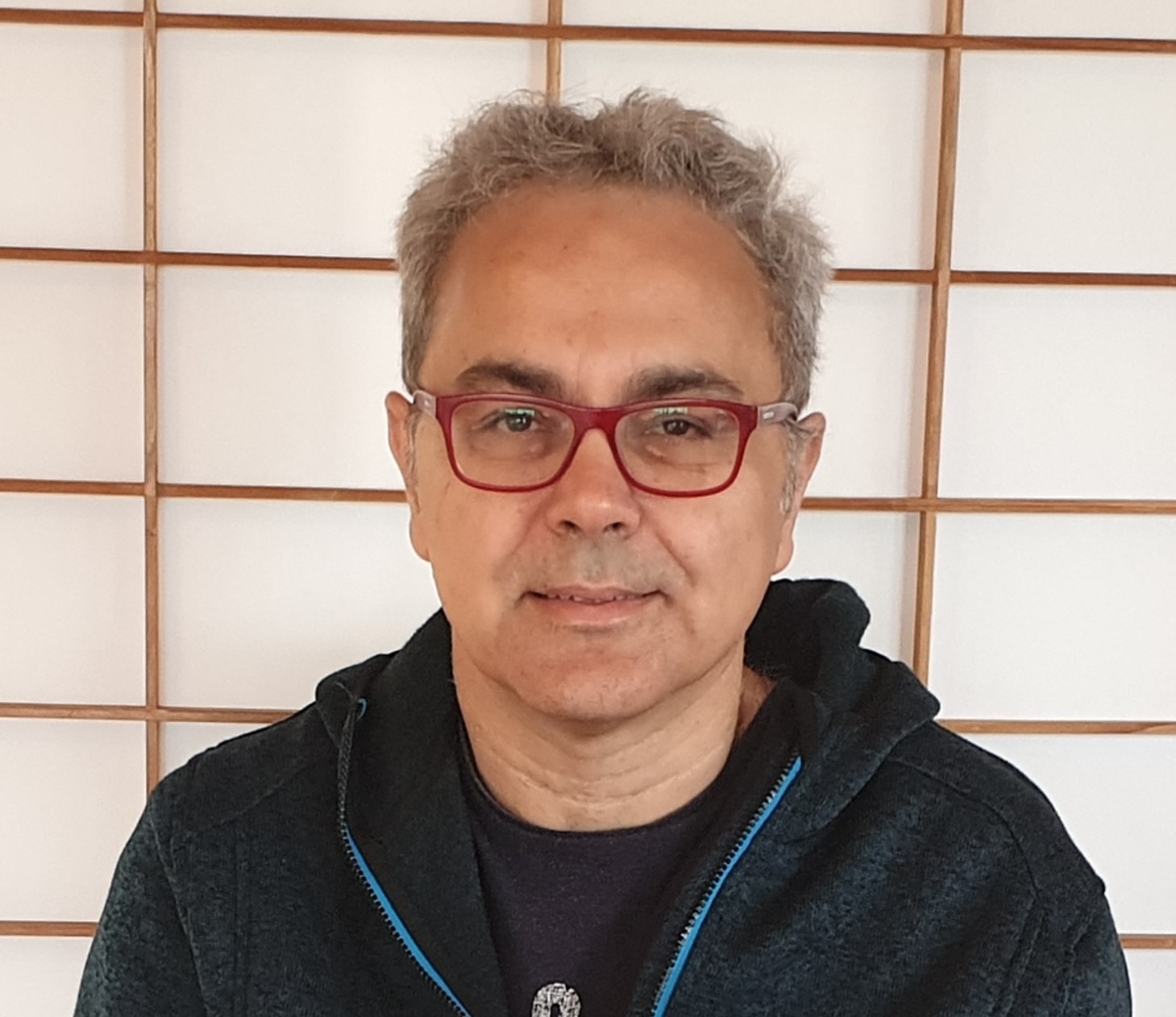
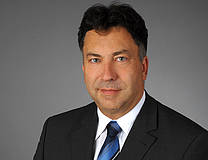
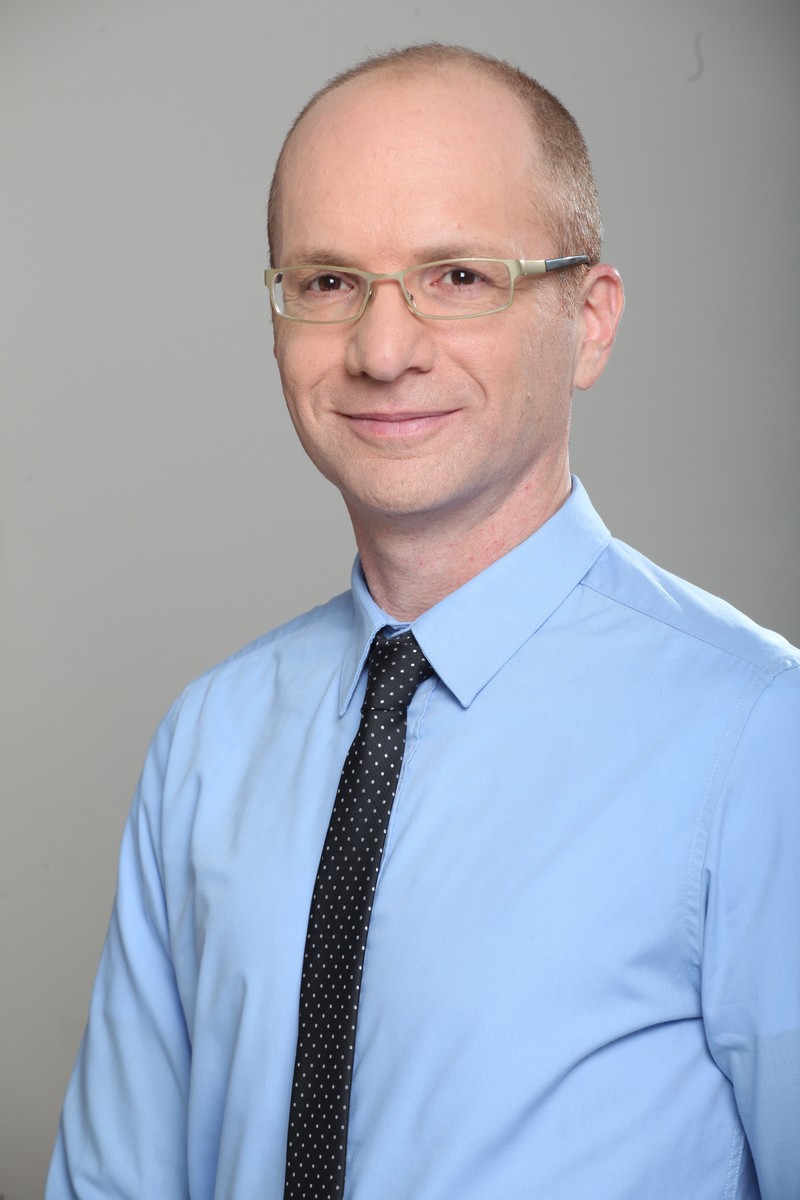
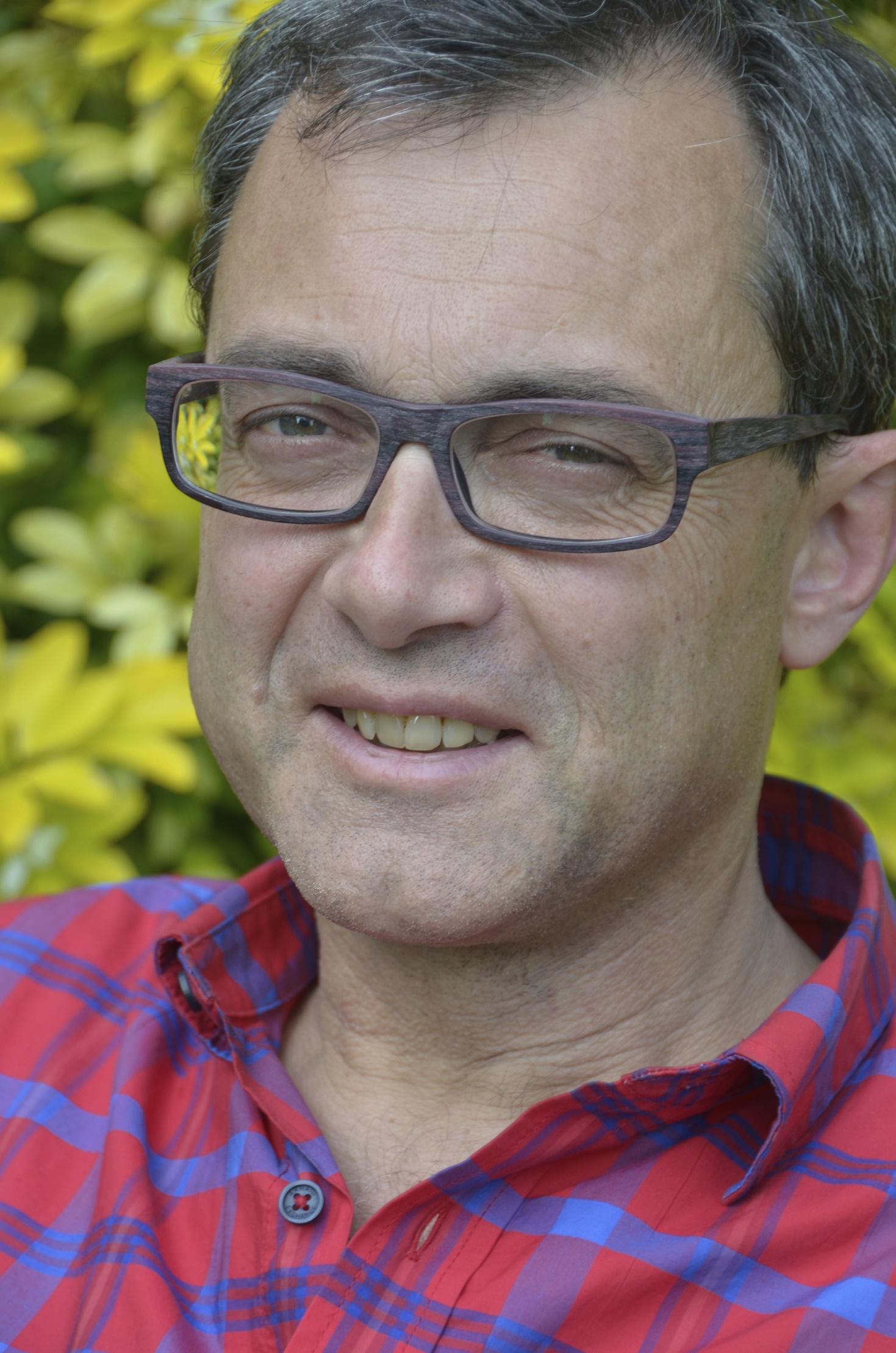
.jpg)

